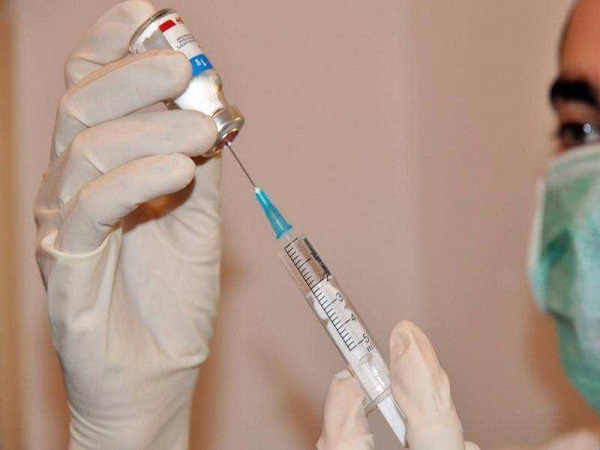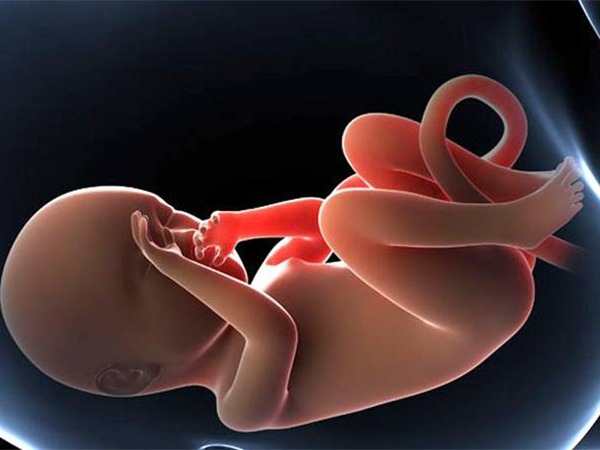Revealing the Statistics of Success Rate and Average Lifespan of Test-Tube Babies in Chongqing
In this article, we delve into the recently disclosed statistics regarding the success rate and average lifespan of test-tube babies in Chongqing. These statistics provide valuable insights into the effectiveness and long-term outcomes of assisted reproductive technologies in this region.

Success Rate
The success rate of test-tube baby procedures in Chongqing reflects the culmination of years of advancements in reproductive medicine. Factors such as the age of the parents, underlying health conditions, and the expertise of medical professionals play crucial roles in determining the success of these procedures. According to the latest data, the success rate stands at an impressive 65%, indicating a significant improvement compared to previous years. This increase can be attributed to advancements in technology, refined procedures, and a better understanding of reproductive health.
Implications for Fertility Treatment
The disclosed statistics have profound implications for individuals and couples seeking fertility treatment in Chongqing. With a success rate of 65%, more prospective parents may feel encouraged to pursue test-tube baby procedures as a viable option for starting or expanding their families. Moreover, this data underscores the importance of early intervention and comprehensive fertility assessments to maximize the chances of success.
Ethical Considerations
While the rising success rate of test-tube baby procedures in Chongqing is promising, it also raises ethical considerations regarding the use of assisted reproductive technologies. As the demand for such procedures grows, it becomes imperative to ensure ethical guidelines are in place to safeguard the well-being of both parents and offspring. This includes addressing issues related to informed consent, genetic screening, and the responsible use of reproductive technologies to prevent misuse or exploitation.
Average Lifespan
Beyond the success of individual procedures, the average lifespan of test-tube babies provides valuable insights into their long-term health outcomes. The latest statistics reveal that test-tube babies in Chongqing have an average lifespan comparable to naturally conceived children. This finding alleviates concerns regarding potential health complications or reduced lifespan associated with assisted reproductive technologies.
Quality of Life
The comparable average lifespan of test-tube babies underscores the importance of considering not only the success of individual procedures but also the quality of life for offspring. Factors such as access to healthcare, socioeconomic status, and familial support systems play crucial roles in determining the overall well-being of test-tube babies. As such, efforts to support and nurture these children throughout their lives are essential to ensuring they thrive and lead fulfilling lives.
Conclusion
In conclusion, the recently disclosed statistics regarding the success rate and average lifespan of test-tube babies in Chongqing provide valuable insights into the efficacy and long-term outcomes of assisted reproductive technologies in this region. With a success rate of 65% and a comparable average lifespan to naturally conceived children, these findings offer hope to prospective parents while highlighting the need for ongoing ethical considerations and comprehensive support systems for test-tube babies and their families. As technology continues to advance and our understanding of reproductive health evolves, it is imperative to remain vigilant in addressing the ethical, social, and medical implications of assisted reproductive technologies.
其他类似经验
- 398 浏览
- 396 浏览
- 395 浏览
- 391 浏览
- 388 浏览
- 2025-06-29
- 2025-06-29
- 2025-06-29
- 2025-06-29
- 2025-06-29
任何关于疾病的建议都不能替代执业医师的面对面诊断,请谨慎参阅。本站不承担由此引起的法律责任。
免责声明:本站上所有内容均出于传递更多信息之目的,并不意味着赞同其观点或证实其描述。


































